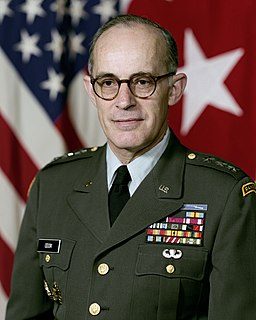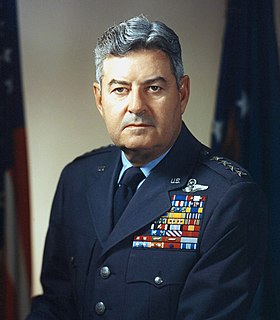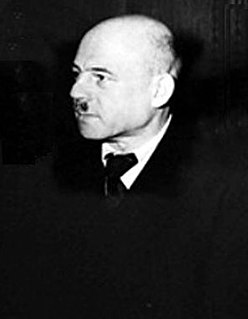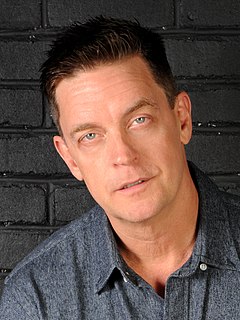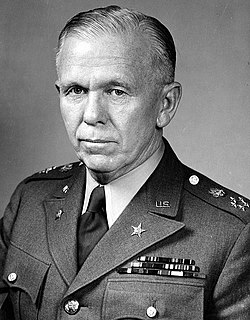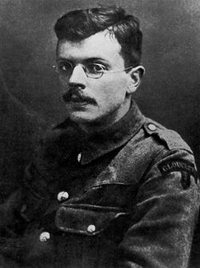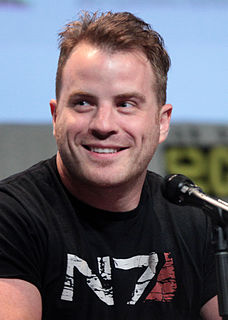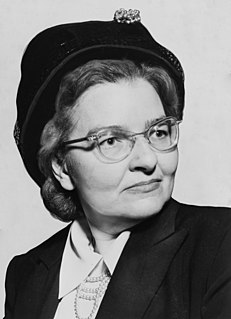A Quote by William Odom
In World War II in Germany, we had a ration for one U.S. soldier, or one allied soldier for every twenty inhabitants. The ratio in Iraq is about one for a hundred and sixty.
Related Quotes
He told me that once, in the war, he’d come upon a German soldier in the grass with his insides falling out; he was just lying there in agony. The soldier had looked up at Sergeant Leonard, and even though they didn’t speak the same language, they understood each other with just a look. The German lying on the ground; the American standing over him. He put a bullet in the soldier’s head. He didn’t do it with anger, as an enemy, but as a fellow man, one soldier helping another.
America felt victorious and generous after World War II. They had also learned from the mistakes after World War I when they imposed punishment on Germany. What became of Germany? A Nazi dictatorship which threatened the world. Today's Germany doesn't feel as prosperous and generous as America then. But actually, Germany still is very prosperous.
[The Yellow Birds] is based on a novel written by Kevin Powers, who is an Iraq War vet. I play a soldier who promises my friend's mother I'm going to keep him alive. But when we go overseas to Iraq, he gets killed. It's about what happened to him, my reckoning and dealing with that as I return home from the war.
In researching this volume, I interviewed veterans who had been at the front during World War II. I read countless books, examined film footage, and listened to many detailed and intense stories firsthand, but the one comment that affected me the most came from a former soldier who lowered his gaze to the tabletop and said, ‘I never watch war movies.
It has been estimated that of the world Jew population of approximately fifteen millions, no fewer than five million are in the United States. Twenty-five percent of the inhabitants of New York are Jews. During the Great War we bought off this huge American Jewish public by the promise of the Jewish National Home in Palestine, held by Ludendorff to be the master stroke of Allied propaganda as it enabled us not only to appeal to Jews in America but to Jews in Germany as well.
